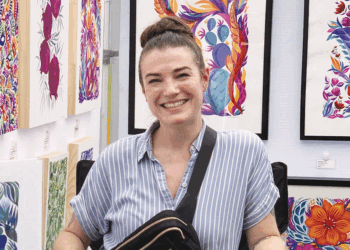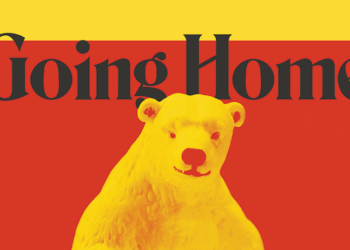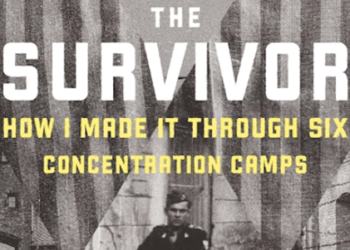Kids learn that they have the power to influence how their peers are treated in school
By ERIN ELLIOTT BRYAN / Community News Editor
Kindness is like a boomerang. If you want to get it back, you have to throw it out.
That thought was just one of many ideas that nearly 100 fifth and sixth grade students from the Amos and Celia Heilicher Minneapolis Jewish Day School discussed at a kindness retreat, which took place on Jan. 11 at the Colin Powell Center in south Minneapolis.
Leaders from Twin Cities-based Youth Frontiers, a character education organization that delivers programs to improve school climate, facilitated group activities that focused on the importance of being respected and valued.
“In this case, we were talking real specifically about this idea of bullying and kindness, and how to deal with bullying,” said John Sandahl, a Youth Frontiers staff member who led the day’s retreat along with Debra Grahn. “I think the biggest thing we want them to take away is that they have the power to impact how people are treated in their school.”
HMJDS Upper School Director Harry Adler facilitates a small-group discussion among fifth and sixth grade students. (Photo: Erin Elliott Bryan)
Through small group discussions and activities, music and stories — from both students and adults — the retreat served as a forum to discuss how people are treated and how the atmosphere at school can be improved.
“We want them to participate and get involved and be a part of this experience, because this is their school we’re talking about,” Sandahl said. “This is, I believe, the best way to effect change in the world, to get kids to recognize that this is all connected. We’re dealing with these big global issues of violence and terrorism, but it all comes down to, What do I see when I look at you? Do I see a real person there, a person that needs to be treated with respect and kindness?”
The discussion also talked about the three types of bullying: physical, verbal and silent.
“It’s not a new thing, although I do think there’s more awareness of it now,” Sandahl said of bullying. “Now we’re starting to say, ‘You know what, there really are consequences to this and there really is a better way.’”
Youth Frontiers was founded by Joe Cavanaugh, who was described by Colin Powell as “a leader in our nation’s effort to rescue America’s young people.” Last year, the organization held more than 600 retreats for more than 90,000 students and educators; since its inception in 1987, Youth Frontiers has reached more than 1 million students.
“We teach values unapologetically. Our mission is to change the way students treat each other in every hallway, lunch line and classroom of every school in America,” Cavanaugh said in a press release. “We are not succeeding if our children receive an A in math… and an F in life.”
Harry Adler is HMJDS’ Upper School director. He attended the kindness retreat and served as a small-group leader.
“It’s a continual process when you’re working with kids this age to help them learn to recognize how they treat each other,” Adler told the AJW. “It’s nice to have, sometimes, people from the outside working with the students to reinforce the values that we think are so important.”
Adler says fifth and sixth grade students spend a lot of time worrying about what others think of them. Teasing, gossip and exclusion from certain activities only heighten that anxiety.
“This [retreat] is something that gets them to really reflect on that,” Adler said.
At the end of the day, students had the opportunity to share their thoughts on how they plan to treat their peers and teachers differently. They also had the opportunity to publicly thank or apologize to certain individuals.
“Some of the students who were apologized to, publicly, you could just see in their face what a positive effect that had,” Adler said. “The key challenge is how do we maintain momentum with it.”
HMJDS Upper School students attend some type of retreat each year, whether it is something like the kindness retreat or something physical like a ropes course. Either way, Adler said it’s the “overall process of delivering the same message.”
“It’s all about building community and building a sense of self,” Adler said, “so they can be better human beings as they move forward in life.”
(American Jewish World, 1.21.11)





















Comments 0